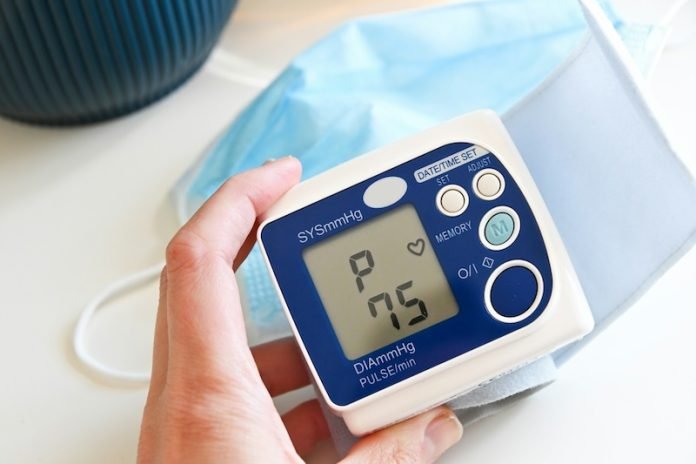
Heart murmurs may sound like a condition reserved for the elderly or the seriously ill, but they are more common than many might think.
These unusual sounds heard during a heartbeat, often described as whooshing or swishing, can occur in both children and adults. They’re not diseases but are instead symptoms or signs of various conditions affecting the heart.
In simpler terms, a heart murmur is like the sound of water flowing through a hose with a slight kink or over a rough patch.
What Causes Heart Murmurs?
Heart murmurs are primarily caused by turbulent blood flow through the heart’s chambers or valves. They can be categorized into two types: innocent (or functional) murmurs and abnormal murmurs.
Innocent murmurs are common in healthy children and some adults, often resulting from a fast heart rate, like during fever, growth spurts, or physical activity. These murmurs are harmless and usually don’t require treatment.
Abnormal murmurs, however, are indicative of underlying heart problems. Causes can include congenital heart defects, valve calcification, valve regurgitation (where the valve doesn’t close tightly), or stenosis (narrowing of the heart valves).
Infections affecting the heart valves, such as endocarditis, or conditions like rheumatic fever, can also lead to murmurs.
Spotting the Symptoms
Innocent murmurs rarely present any symptoms other than the sound itself, which a doctor might notice during a routine check-up with a stethoscope.
Abnormal murmurs, on the other hand, might be accompanied by symptoms of the underlying heart condition. These symptoms can include shortness of breath, chest pain, a rapid heartbeat, or fatigue.
In babies and children, signs of a potential heart problem might include feeding difficulties, poor growth, or cyanosis (a bluish tint to the skin, lips, and fingernails).
Diagnosis and Treatment
Diagnosing a heart murmur involves more than just listening to the heart. If a doctor suspects a murmur is not innocent, they might order further tests.
These can include an echocardiogram (an ultrasound of the heart), an electrocardiogram (EKG), chest X-rays, or cardiac MRI. These tests help to visualize the heart’s structure and function, pinpointing the cause of the murmur.
Treatment for heart murmurs depends on the underlying cause. Innocent murmurs don’t need treatment; they’re simply a part of the individual’s unique heart sounds.
For abnormal murmurs caused by heart conditions, treatment might involve medications to control symptoms and prevent complications.
In some cases, surgery may be necessary to repair or replace a damaged valve or correct a congenital heart defect.
Living with Heart Murmurs
For most people with innocent heart murmurs, life goes on as usual. They can participate in physical activities, grow, and develop without any restrictions or concerns.
For those with abnormal murmurs, managing the underlying heart condition is key to maintaining a healthy life.
This might include taking medications as prescribed, attending regular follow-up appointments with a cardiologist, and possibly making lifestyle changes to support heart health.
Heart murmurs highlight the body’s intricate nature and how even slight changes in its function can lead to noticeable differences.
They remind us of the importance of regular medical check-ups, where subtle signs like a heart murmur can lead to early detection and management of potential heart issues. In the realm of heart health, listening closely can indeed make all the difference.
If you care about heart disease, please read studies that herbal supplements could harm your heart rhythm, and how eating eggs can help reduce heart disease risk.
For more information about heart health, please see recent studies that apple juice could benefit your heart health, and results showing yogurt may help lower the death risks in heart disease.
Copyright © 2024 Knowridge Science Report. All rights reserved.



